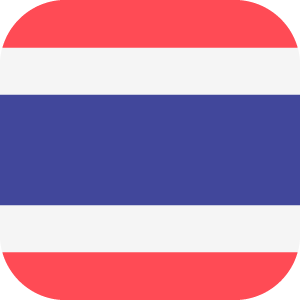
Why not benefit from this trend and start your career in Japan?
You already have plenty of experience with Western work life and will definitely also ace the Japanese job interview?
Sadly, it is not that easy, but we can help you out!
A few days before the interview, you should…
… choose the right look!
Your overall look and especially the way you dress is more important and more streamlined in
Japan than you are probably used to. The most common interview look is known as the “recruit
suit“: A plain black suit and a white shirt. It is extremely important that you take your coat and hat off before entering the building as it is considered a sign of respect.

Right before the interview, you should…
… be on time!
Punctuality is a cultural trait. While some cultures view a little delay as perfectly acceptable, the Japanese are renowned for their punctuality, often even arriving earlier than scheduled. Therefore, you should reach your interview location early, but arrive at the interview dead on time as opposed to too early. It is best to arrive no more than five minutes before the interview starts.

At the beginning of the interview, you should…
… follow the mandatory steps for entering an office!
In Japan entering an office is a formalised procedure. These are the steps you should follow:
– Knock three times (a double-knock is considered rude, because it usually relates to checking if a toilet stall is occupied)
– You can enter the room after your interviewer says ‘Please’ or dōzo (どうぞ)
– Shut the door as quietly as possible
– Say ‘excuse me’ = Shitsurei shimasu (失礼します)
– Bow and walk to the left side of the chair you’re designated to sit in
– Introduce yourself with your name and a fact about you
– Bow again
– Do NOT sit down before you are told to, stand next to your chair instead
– When you are presented with business cards, accept them with both hands, but do not put
them away in your pocket
Throughout the interview, you should…
… behave adequately and professionally!
As a general rule, it is better to be excessively polite than not polite enough in Japan. The best way to behave in a job interview is to be polite, reserved and friendly. In contrast to Western job interviews, being modest when talking about your achievements plays an important part.
Japanese work cultures values commitment to the principle of group harmony. Because of this, you’ll want to make sure that you are perceived as a team player. Your body language should also show respect, for instance by using both hands when giving something to your interviewer.
 People during a Japanese job interview
People during a Japanese job interview
After the interview, you should…
… perform the expected steps!
When the interview ends you should thank your interviewer (doumo arigatou gozaimashita) and
bow, first while being seated and the second time when standing up. Then return your chair to its original position, excuse yourself, bow once more and eventually close the door behind you.
It is best to act like you are still in the interview until you are out of sight because your examination doesn’t necessarily finish after your interview ends. As important as first impressions are, do not underestimate the last impression as it leaves an even more significant impact on the people interviewing you.
… follow up!
It is recommended to send a message of gratitude to thank your interviewers for their time.
Are you interested in working in Japan and experiencing a Japanese job interview first-hand? Click here to find out more!

















